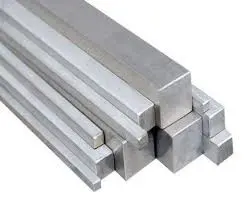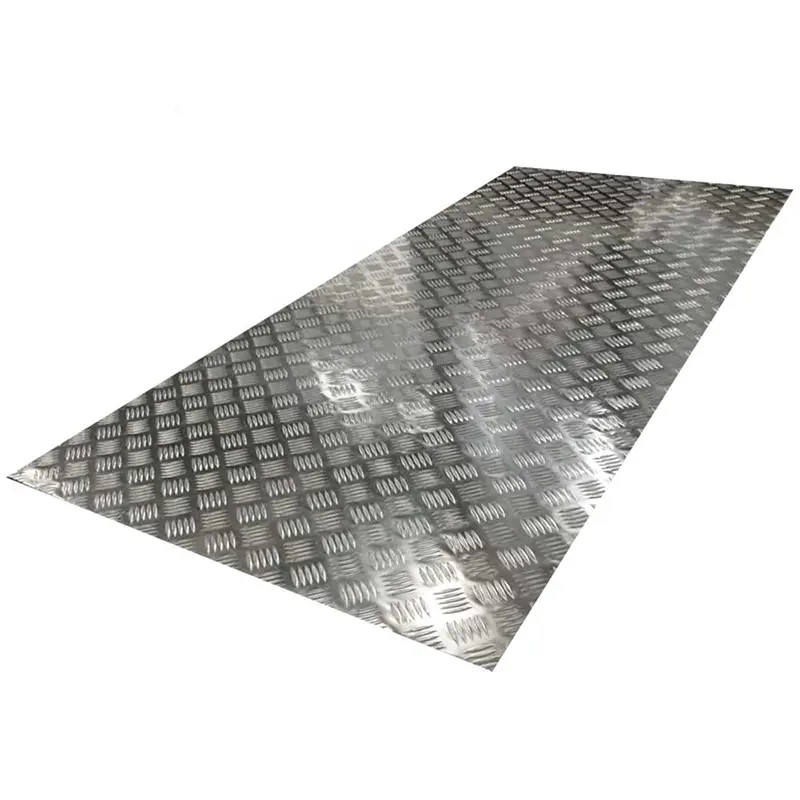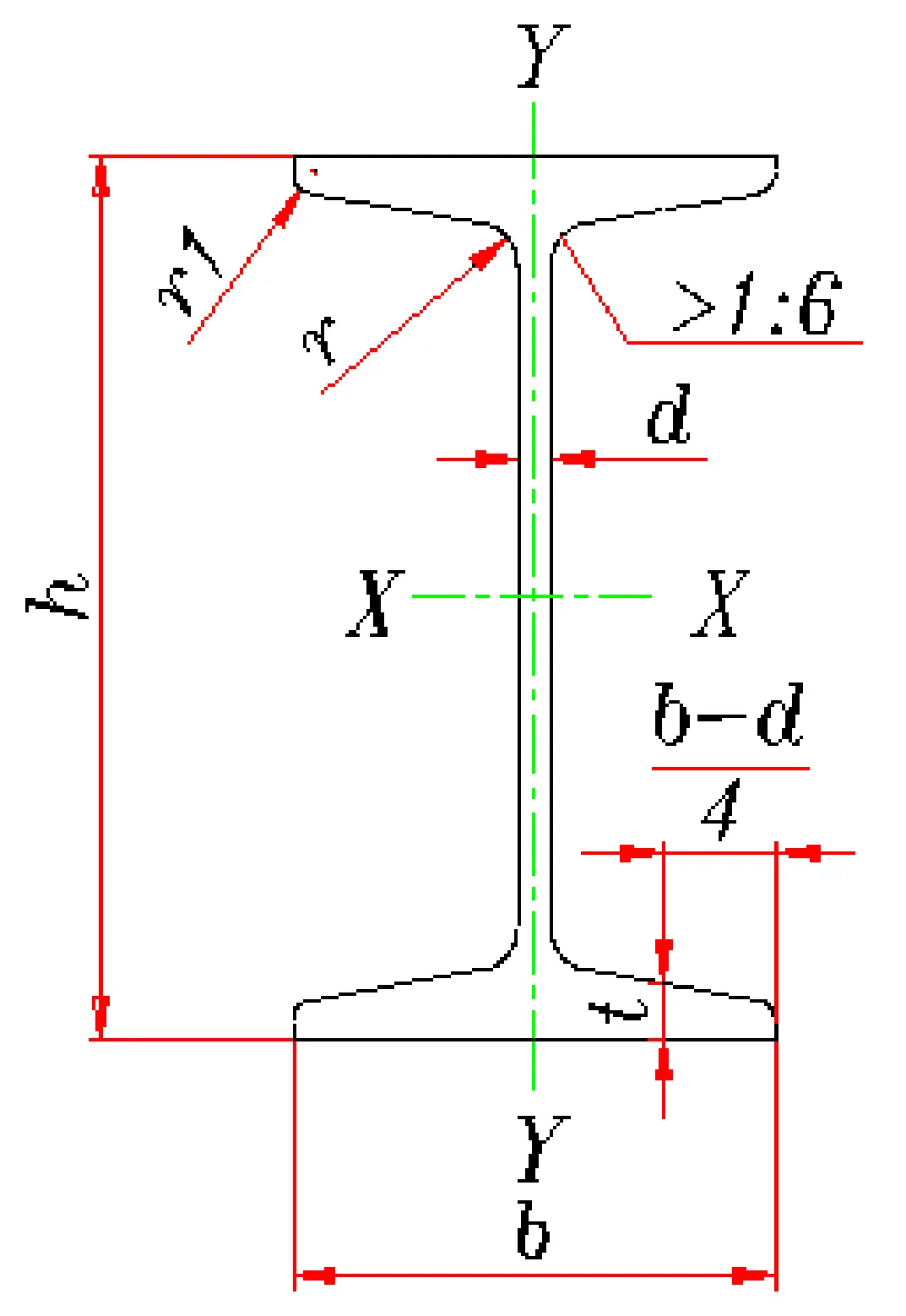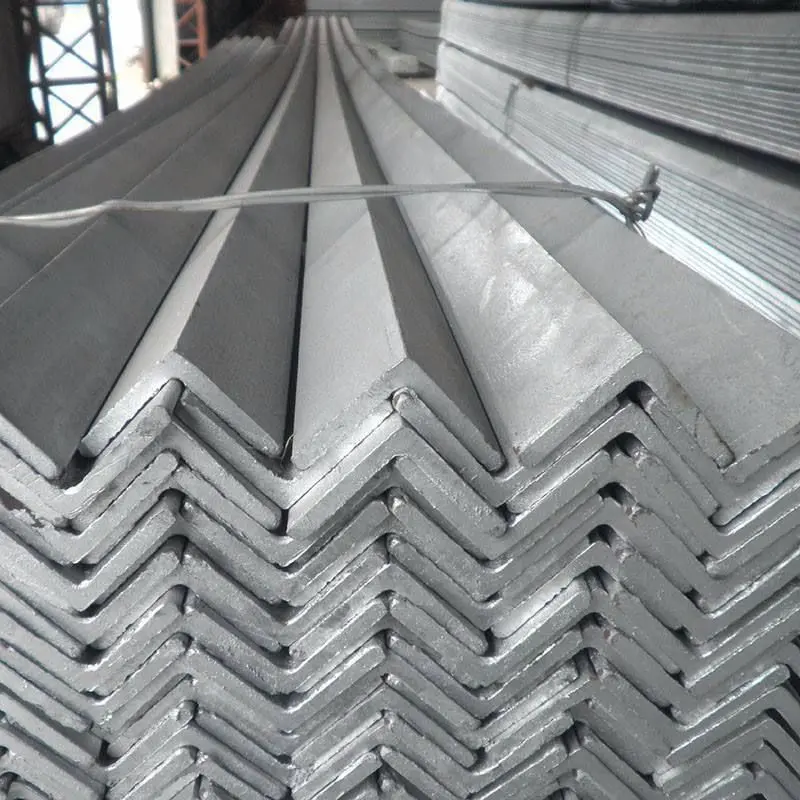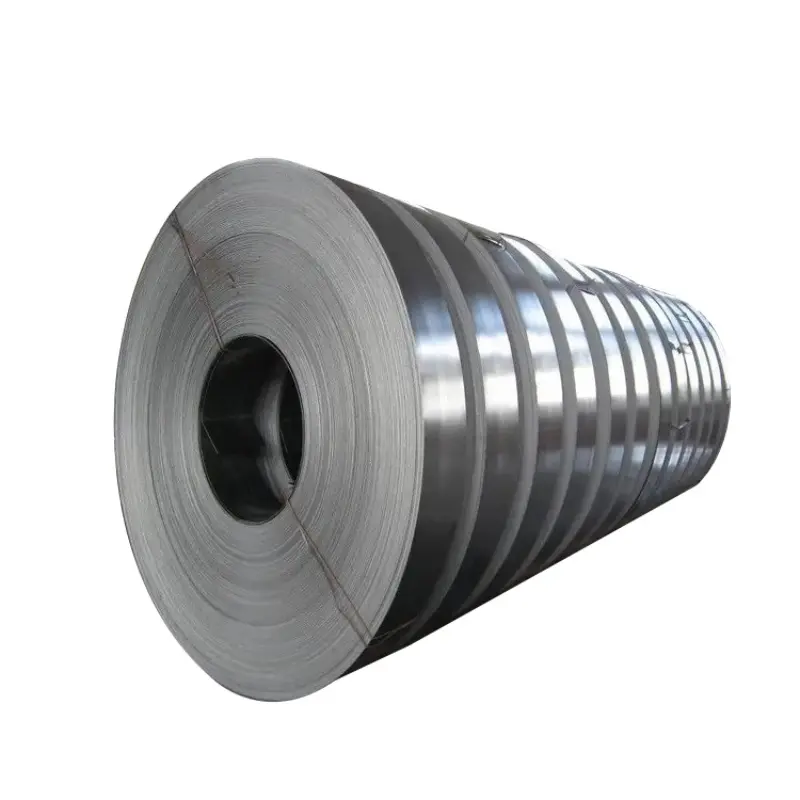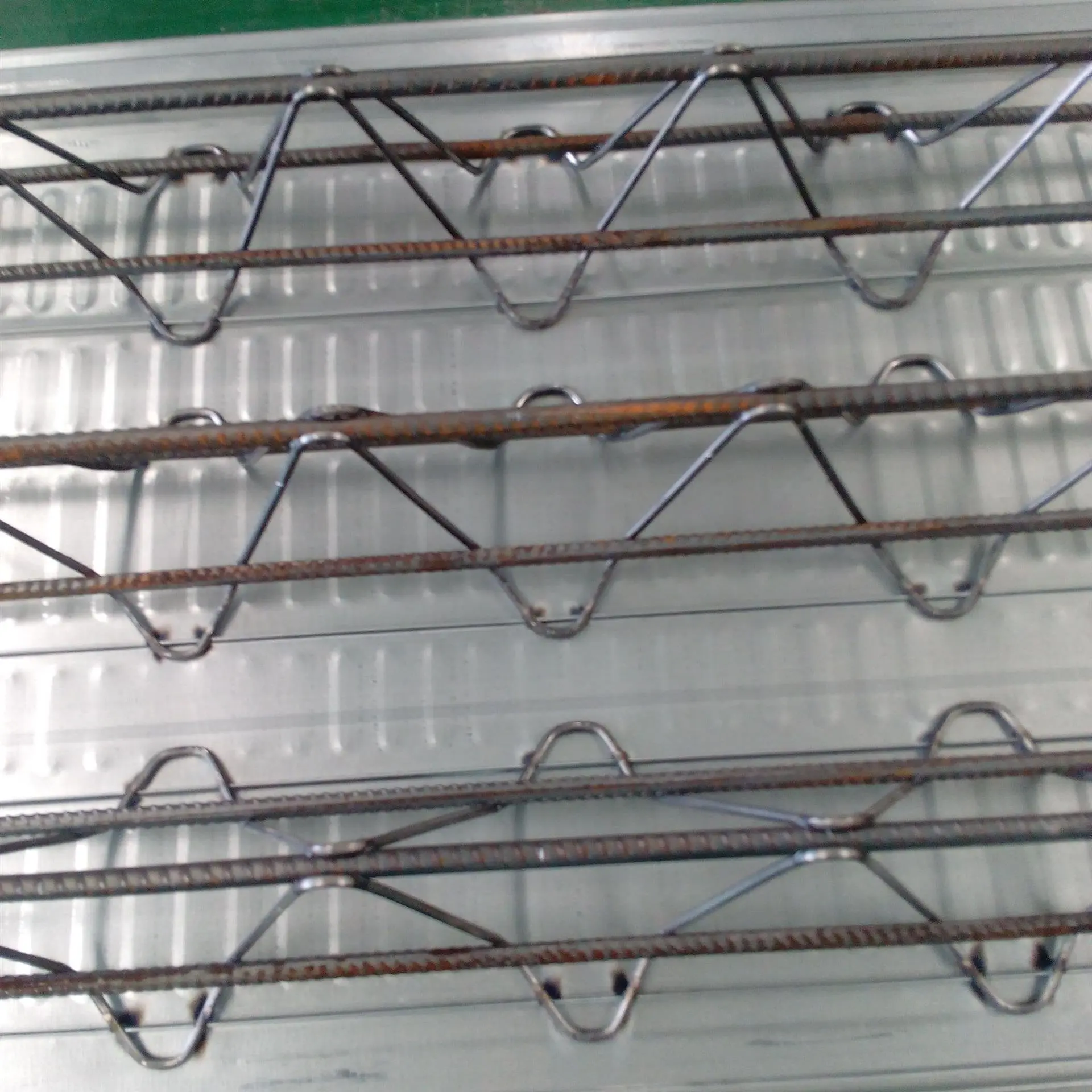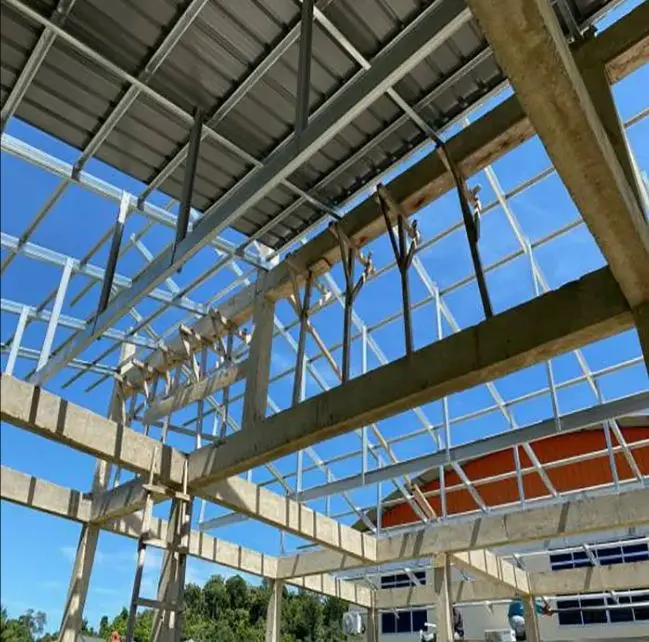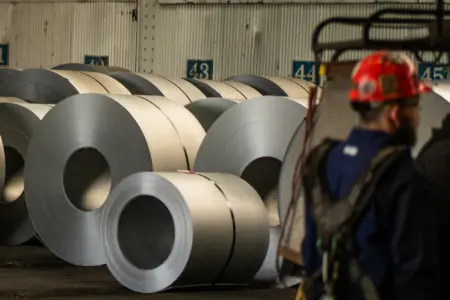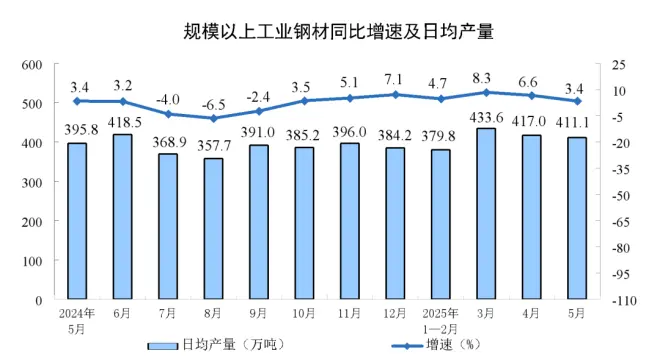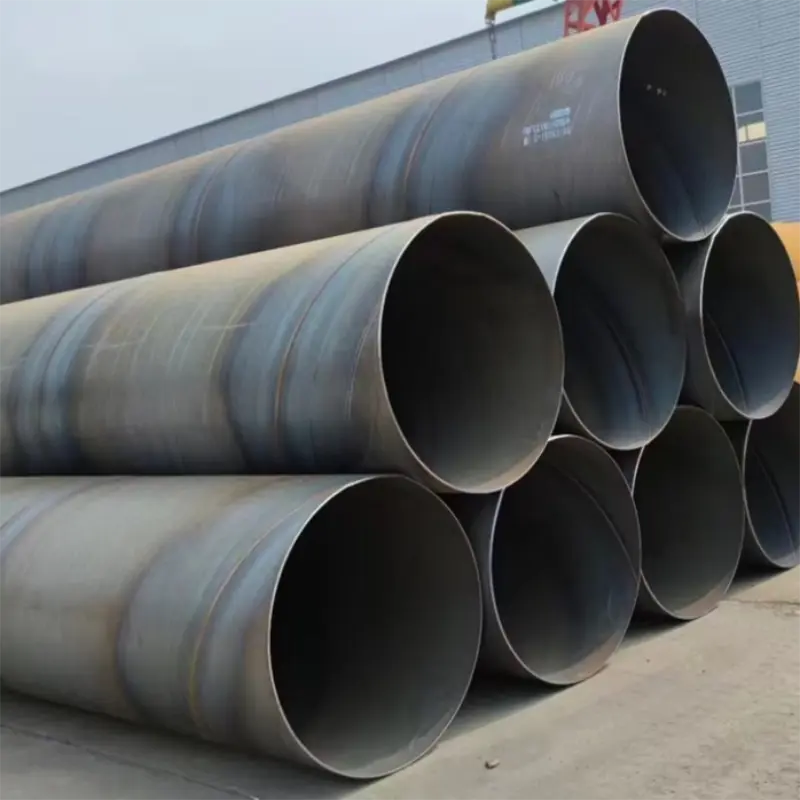Hit by U.S. tariffs, South Korean steel giants announced that they had entered a state of "emergency management".
South Korea's steel industry is facing serious challenges. According to a number of South Korean media reports recently, South Korea's second largest steel manufacturer, Hyundai Steel Corporation, recently announced that it has entered an "emergency management" state. South Korean media analysis said that the pressure on South Korea's steel industry is inseparable from the US tariff policy.
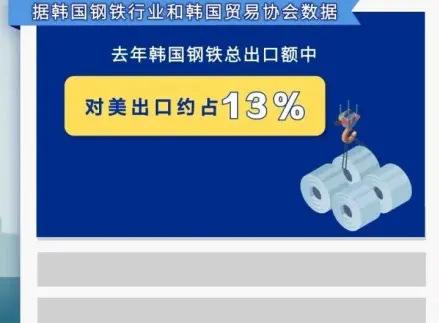
According to South Korea's Chosun Ilbo, based on a comprehensive assessment of the domestic and foreign market environment, Hyundai Steel's executives said that the company had to take a series of measures to save costs, including cutting executive salaries by 20%, implementing a voluntary retirement plan for employees, reducing the scale of operations at some factories and reducing overseas business trips.
South Korean media reported that Hyundai Steel is suffering from multiple blows from the downturn in the domestic construction market, competition from foreign Steel Products, and labor union strikes. On the 12th of this month, the U.S. policy of imposing 25% tariffs on imported steel and aluminum products came into effect, which made the business environment even worse. Yonhap News Agency reported that HyundaiSteel's woes, South Korea's second-largest steelmaker, reflect the growing pressure on South Korea's steel industry.
The U.S. tariff policy hit the South Korean steel industry
According to the U.S. Department of Commerce's International Trade Agency (ITA), South Korea ranked fourth in steel exports to the United States last year after Canada, Mexico and Brazil. According to data from the Korean steel industry and the Korea International Trade Association, South Korea's total steel exports to the United States accounted for about 13% of last year. According to the 2018 Korea-US Free Trade Agreement, South Korea is entitled to a duty-free quota of 2.63 million tons per year for steel exports to the United States, but this quota has also been abolished.
Due to the lack of relevant resources and response capacity, the tariff policy has hit South Korea's small and medium-sized steel and aluminum enterprises more seriously. According to South Korea's YTN TV, it is estimated that about 1,800 South Korean small and medium-sized enterprises are affected by the US tariffs. The government has planned to support these businesses. There are predictions that the U.S. tariff policy could lead to a burden of more than 1.2 trillion won (about 6 billion yuan) on the South Korean steel industry.
South Korean officials said they were asking for an exemption from the U.S. tariffs on South Korea
In the face of the pressure of the U.S. tariff policy, Chung In-kyo, director of the Trade Negotiation Headquarters of the Ministry of Trade, Industry and Energy of the Republic of Korea, recently visited the United States and held talks with U.S. Trade Representative Jamison Greer.
Jeong In-kyo, Director, Trade Negotiation Headquarters, Ministry of Trade, Industry and Energy: We have asked the Office of the United States Trade Representative (USTR) to grant us tariff exemptions, or at least non-discriminatory treatment.






